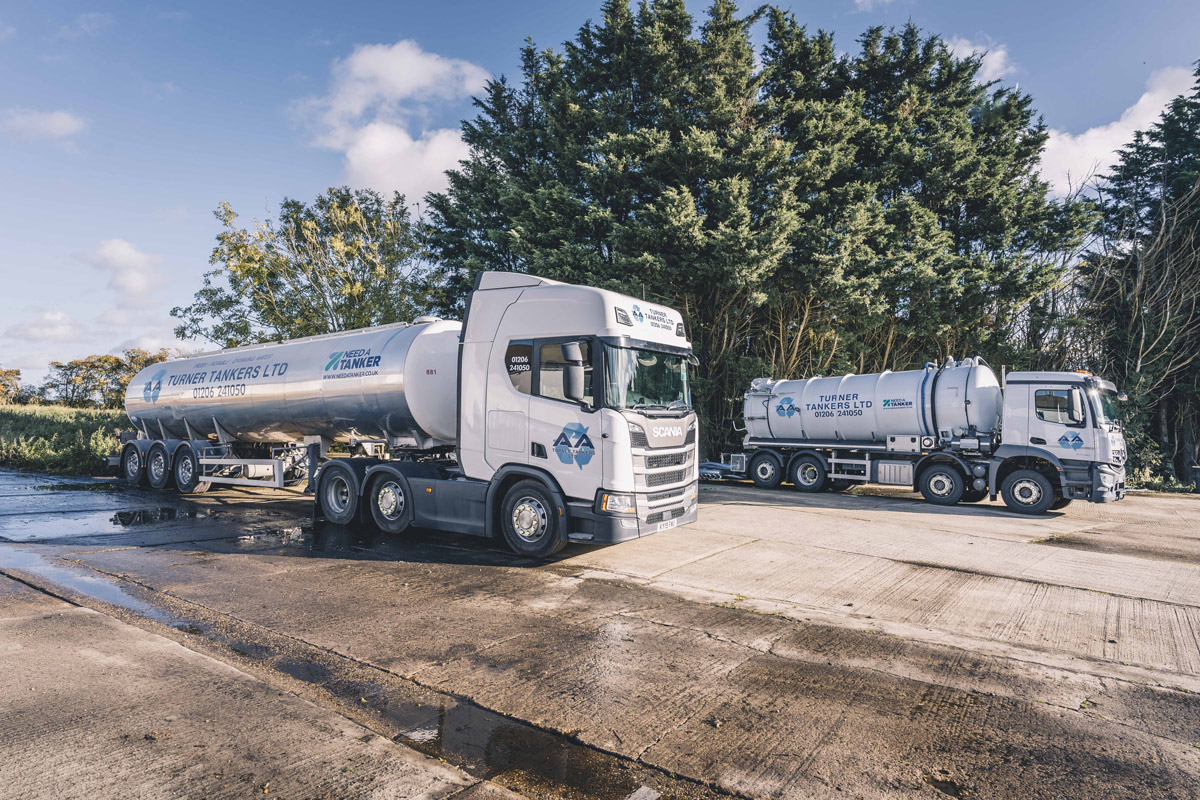The 20-Second Trick For Reclaim Waste
The 20-Second Trick For Reclaim Waste
Blog Article
The 7-Minute Rule for Reclaim Waste
Table of ContentsThe Facts About Reclaim Waste RevealedReclaim Waste for BeginnersFacts About Reclaim Waste Revealed8 Simple Techniques For Reclaim WasteAll about Reclaim Waste
Residential sewage waste refers to the waste and items from a domestic septic container. The correct management and disposal of domestic sewage waste call for liquid waste to be transferred to a sewer therapy plant where the proper approaches and tools are applied to purify and dispose of waste.
Industrial waste usually includes possible hazards, such as combustible products or a combination of fluid and strong waste products, and calls for an advanced and in-depth disposal process. The disposal of commercial waste generally involves the filtration of waste prior to transport to ensure risk-free and correct disposal. Hazardous waste is produced from results and overflow of commercial processes and production.
This kind of waste can not use the same sewage administration transport or procedures as septic or business liquids. The commercial waste monitoring process requires the inspection and testing of fluid waste prior to it goes through the disposal procedure (liquid waste removal melbourne). Drainage waste is the fluid waste that originates from drainage and excess stormwater in highly populated areas or cities
Overflow waste can create contamination and flooding otherwise handled appropriately. Find out a lot more concerning sewer cleaning and waste administration. Making sure correct waste administration can prevent catastrophes and minimize ecological injury. Both individuals in domestic setups and experts in commercial or production markets can take advantage of recognizing the processes and guidelines of liquid waste management.
About Reclaim Waste
Call PROS Providers today to discover our waste management and disposal services and the appropriate methods to take care of the liquid waste you generate.
(https://www.easel.ly/browserEasel/14532007)This supposed 'wastewater' is not just a crucial source yet, after treatment, will be released to our land, waterways or the sea. Made use of water from commodes, showers, baths, kitchen area sinks, washings and industrial procedures is understood as wastewater.

water used to cool down equipment or clean plant and equipment). Stormwater, a form of wastewater, is drainage that streams from agricultural and urban locations such as roof coverings, parks, yards, roads, paths and rain gutters right into stormwater drains, after rainfall. Stormwater streams untreated straight to local creeks or rivers, at some point reaching the sea.
Not known Facts About Reclaim Waste
In Queensland, many wastewater is treated at sewer treatment plants. Wastewater is moved from residential or commercial sites with a system of sewage systems and pump stations, recognized as sewerage reticulation, to a sewage therapy plant. City governments construct, keep and operate most sewage therapy plants. Operators are licensed under the Environmental Management Act 1994 to discharge cured wastewater at an acceptable environmental requirement right into waterways.
The Division of Natural Resources recommends local governments about handling, operating and maintaining sewerage systems and treatment plants. In unsewered locations, city governments may require owners to set up specific or home sewer treatment systems to treat domestic wastewater from bathrooms, kitchens, shower rooms and laundries. The Division of Natural Resources authorizes the use of house systems when they are proven to be reliable.
The majority of stormwater receives no therapy. In some new class, therapy of some stormwater to remove trash, sand and crushed rock has begun using gross toxin traps. Wastewater therapy happens in 4 stages: Eliminates solid matter. Larger solids, such as plastics and other objects mistakenly released to sewers, are gotten rid of when wastewater is travelled through displays.
Wastewater then streams right into huge tanks where solids resolve and are gotten rid of as sludge. Oil and residue are skimmed from the surface. Uses tiny living organisms referred to as micro-organisms to break down and get rid of staying liquified wastes and great fragments. Micro-organisms and wastes are incorporated in the sludge. Eliminates nitrogen and phosphorus nutrients that might trigger algal blooms in our rivers and intimidate aquatic life.
Not known Details About Reclaim Waste
Nutrient removal is not readily available in all sewage treatment plants since it calls for pricey specialized tools. It is becoming more common in Queensland. Clear fluid effluent created after treatment might still consist of disease-causing micro-organisms. If this effluent is launched right into waterways such as rivers or the sea, the micro-organisms will ultimately pass away out.

This generally means wastewater needs to be dealt with or contaminants removed prior to it can be released to rivers. Most wastewater moves right into the sewage system. Under the Act, city governments provide approvals and permits for environmentally relevant activities (Ages) involving wastewater launches this hyperlink that may have a regional effect. The division provides approvals and permits to Ages involving wastewater launches that might have a regional or statewide influence.
The Facts About Reclaim Waste Revealed
Monitoring supplies factual info about water quality and can confirm that permit problems are being met. The information obtained through surveillance offers the basis for making water high quality choices.
Report this page